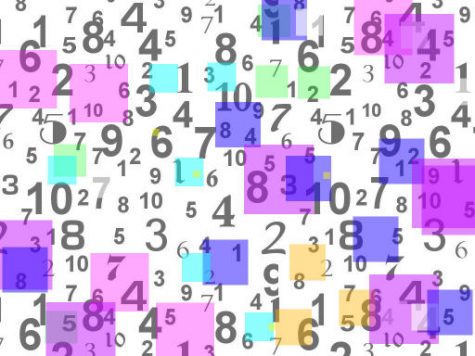Prime Time
A new prime number has been disovered
23,249,425 digits, that’s how long the new prime number is. The number is so long it could fill a 9,000 page book. To provide some context, the number of atoms in the observable universe is estimated to be only 100 digits long. Jonathan Pace, an electrical engineer and FedEx employee, found this revolutionary number using the Great Internet Mersenne Prime Search (mersenne.org). It originally was an online competition to find a new prime number, specifically, a Mersenne Prime number. These primes are found by multiplying the number 2 by itself a given number of times and then subtracting 1. Apparently, these primes are easier to find. French Monk Mersenne came up with this formula around 350 years ago. After the competition ended, although Pace did not win anything, he was hooked. For the past 14 years he has been running the program on dozens of computers in hopes of finding the next prime number. This may seem like an easy feat but as numbers increase, prime numbers  become very scare. This new prime number is over 1 million digits longer than the second most recent prime number.
become very scare. This new prime number is over 1 million digits longer than the second most recent prime number.
You may be wondering, why does this matter? However, this has big applications in cryptography, the science of encoding and decoding information. Many cyber security algorithms rely on prime numbers. A system created in 1978 by Ron Rivest, Adi Shamir, and Leonard Adleman used prime numbers to create RSA. The system protects the transfer of information such as credit card numbers and passwords.. The algorithm uses two prime numbers. The larger the prime number, the harder it is to hack the system. As computers get faster, the need to find bigger prime numbers becomes more pressing to ensure security. However, current computers only are able to hack into systems with numbers 100 digits long. No technology today can even come close to hacking this new prime number.
The search for prime numbers continues. As proven by Euclid way back in Ancient Greece, there are an infinite number of prime numbers. Are you the next to find one?

Hello, I am Clare Sparling. As a sophomore, I am excited to be joining the Outlook. I look forward to spreading ideas and awareness through my writing....





